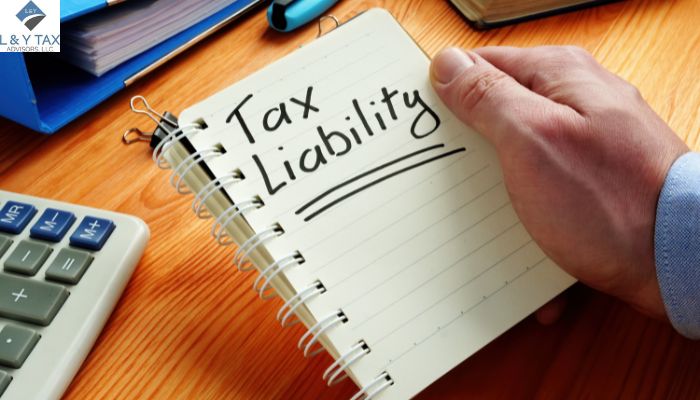
How Does Workers Comp Affect Tax Return?
Workers’ compensation, a safety net meant to safeguard employees in the event of job accidents or illnesses, frequently generates concerns about its tax consequences. Our CPA The Woodlands TX services, can inform you about workers comp on critical financial assistance to cover medical bills and lost wages; its impact on tax returns can be confounding. For such reasons, you must invest your time and efforts in understanding how does workers comp affect tax return.
Nontaxable Characteristics of Workers’ Compensation Benefits
One important point to remember about how does workers comp affect tax return is that workers’ compensation payouts are often not taxed at the federal level. It means that the money received from these benefits is often tax-free, bringing some relief to people who are already dealing with the physical, mental, and financial consequences of a workplace accident.
Exceptional Conditions: Taxable Components
There are exceptions within this sphere. Sometimes, a part of the workers’ compensation payout may be taxed. For instance, if a person receives workers’ compensation and Social Security Disability Insurance (SSDI) or Supplemental Security Income (SSI), the total benefits may exceed a specific level, resulting in taxes on a portion of the workers’ compensation benefits.
The Effect on Other Tax-Related Aspects
While workers’ compensation payouts do not directly affect tax returns in terms of taxable income, they can indirectly impact some tax-related issues. For instance, these advantages may affect the computation of the Earned Income Tax Credit (EITC) or other tax credits and deductions depending on total income.
Workers’ Compensation Benefits Reporting
Although workers’ compensation payouts are generally nontaxable, it is critical to declare these benefits appropriately when paying taxes. Maintaining transparency in tax filings is ensured by ensuring appropriate reporting. This prevents any anomalies or concerns with the Internal Revenue Service (IRS).
Potential Tax Consequences for Return-to-Work Programs
Individuals receiving workers’ compensation benefits who return to work in a limited capacity or with fewer hours owing to the injury may see their wages change. This shift in income may influence the taxable component of their workers’ compensation benefits or their total tax status, necessitating careful consideration when filing taxes.
Consultation with Tax Experts
Navigating the complexities of workers’ compensation and its impact on tax returns can be difficult. Seeking advice from our Dallas tax services or licensed accountants who specialize in such situations can provide tailored insights and assure appropriate reporting, maximizing possible tax benefits.
Final Words
To summarize the discussion on ‘How does workers comp affect tax return?’, it is concluded that some conditions may necessitate taxation on the part of these benefits. Accurate reporting and understanding of the relationship between workers’ compensation and tax returns remain critical to maintain compliance and prevent any possible tax-related concerns.


